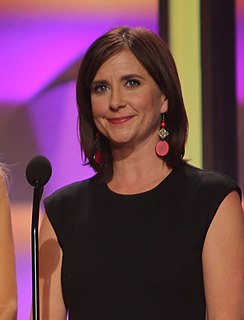A Quote by Neil Gaiman
It goes without saying that all of the people, living, dead, and otherwise, in this story are fictional or used in a fictional context. Only the gods are real.
Related Quotes
One of the things that makes characters real is details. Life offers a lot of details. You just have to choose and use them wisely. When you give them to fictional people and a fictional story, their purpose and their meaning changes, so it's best to see the version in the book as fiction entirely, wherever it started out.
When you're training as an actor, a lot of the big work you're learning is to treat fictional characters like real people. You don't have the problem of discovering a backstory with real people, but there's always a mystery which is common to both fictional and factual characters. They are never quite the person you think they are.
The flimsy little protestations that mark the front gate of every novel, the solemn statements that any resemblance to real persons living or dead is entirely coincidental, are fraudulent every time. A writer has no other material to make his people from than the people of his experience ... The only thing the writer can do is to recombine parts, suppress some characterisitics and emphasize others, put two or three people into one fictional character, and pray the real-life prototypes won't sue.
If you look at television shows, which of course are fictional so you don't expect them to be real, but they're constantly showing career women who are also successful mothers and also look gorgeous. And we fall into believing that these fictional lives are somehow accurate depictions of what our real lives should be about.



































